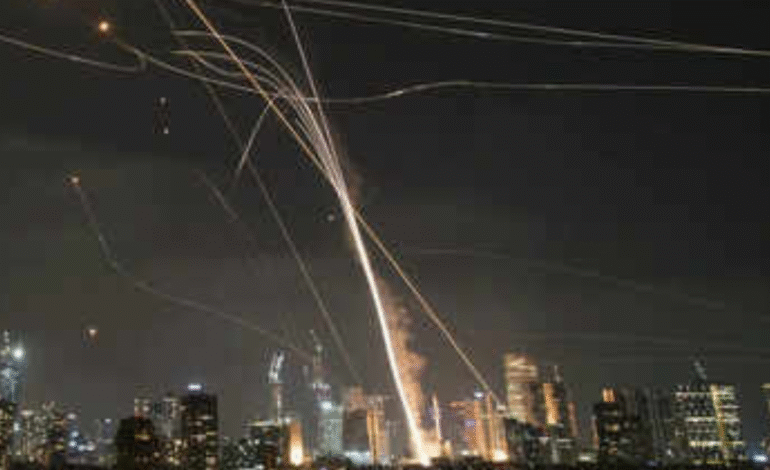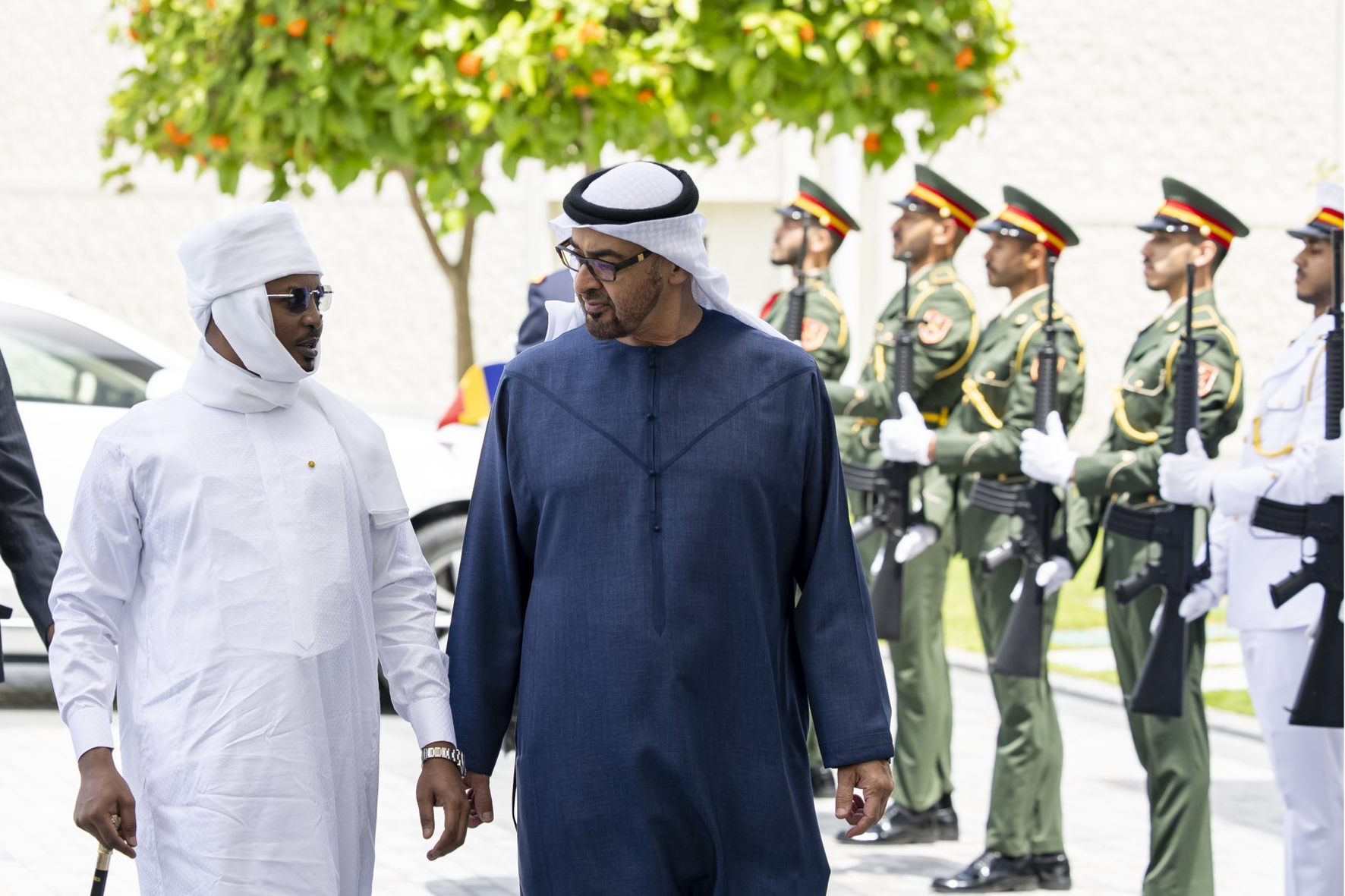India Distances From SCO Statement on Israel-Iran Conflict

Amid escalating tensions between Israel and Iran following reciprocal military actions, India has taken a diplomatically distinct position by distancing itself from a recent statement issued by the Shanghai Cooperation Organization (SCO). On Saturday, India’s Ministry of External Affairs (MEA) clarified that it did not partake in the discussions that led to the SCO’s remarks condemning Israeli strikes.
India Affirms Independence on Sensitive Geopolitical Matters
The SCO had released a strongly worded statement criticizing Israeli air strikes on Iran, describing them as violations of international law that endangered civilian infrastructure and caused casualties. It also called for a peaceful resolution to tensions surrounding Iran’s nuclear program.
India responded by underlining its autonomy in international diplomacy. The MEA stated that New Delhi did not participate in the formulation of this SCO statement and reaffirmed its previously declared stance from June 13, advocating for restraint, dialogue, and de-escalation.
Commitment to De-escalation and Diplomacy Reaffirmed
India reiterated its call for both parties to engage in diplomacy and avoid further violence. The official statement urged the use of existing diplomatic channels and mechanisms to resolve issues peacefully. This position aligns with India’s broader foreign policy principles, which prioritize conflict resolution through dialogue rather than confrontation.
The MEA emphasized, “India urges both sides to avoid any escalatory steps. Existing channels of dialogue and diplomacy should be utilized.”
High-Level Diplomacy to Reinforce Peace Efforts
External Affairs Minister S. Jaishankar has actively engaged with regional counterparts to convey India’s concerns. During a recent conversation with his Iranian counterpart, Jaishankar highlighted the global apprehension surrounding the escalating hostilities and reiterated the importance of returning to diplomatic processes.
India’s outreach reflects its proactive engagement in promoting regional stability and underscores its commitment to being a responsible global stakeholder.
SCO’s Critique of Israel and India’s Balanced Response
The SCO’s statement accused Israel of targeting civilian infrastructure, labeling the actions as aggressive and unlawful under the UN Charter. It expressed condolences to the Iranian people and urged peaceful resolution of tensions through established international frameworks.
India, however, refrained from endorsing this strong language, instead opting for a measured and neutral response. This decision to maintain an independent stance highlights India’s intent to avoid becoming entangled in polarized geopolitical narratives.
Strategic Autonomy as a Guiding Principle
India’s foreign policy has consistently been characterized by non-alignment and strategic autonomy. This approach allows it to maintain constructive relations with countries on opposing sides of conflicts. With Israel, India shares robust defense and technological ties. With Iran, it maintains vital energy cooperation and infrastructure development, including the Chabahar Port project.
By issuing a separate statement, India safeguards these bilateral relations while promoting peace through impartial engagement.
Supporting Indian Citizens and Ensuring Their Safety
The MEA also confirmed that Indian embassies in Israel and Iran remain in active communication with the Indian diaspora. They are issuing advisories and ensuring the community stays informed and safe amid the volatile situation.
This reflects India’s dual focus on high-level diplomacy and grassroots support, ensuring national interests and citizens’ safety are simultaneously addressed.
India’s Messaging Reflects Diplomatic Nuance
The tone of India’s statement was deliberately neutral and restrained. While the SCO used direct language to condemn Israeli actions, India emphasized peace, restraint, and dialogue. This diplomatic nuance positions India as a balanced voice in international relations, capable of constructive engagement with diverse global actors.
India’s approach resonates with international norms, emphasizing non-aggression, adherence to international law, and reliance on multilateral dialogue.
Global Reactions to India’s Position
India’s divergence from the SCO stance has attracted attention from global observers. Some view it as a strategic maneuver to retain diplomatic flexibility. Others see it as consistent with India’s historic policy of non-alignment and commitment to sovereign decision-making.
While global powers like the US and EU have called for calm in the region, India’s emphasis on diplomacy aligns with this broader international consensus, despite its divergence in approach from the SCO.
Broader Diplomatic Strategy of India in Crisis Situations
India’s response to the Israel-Iran conflict fits into a wider framework of its regional and global diplomacy. Whether addressing the Russia-Ukraine war or tensions in the Indo-Pacific, India has consistently favored dialogue and non-confrontation.
This strategic neutrality enables India to maintain diversified partnerships and exert influence in global diplomacy. Though not offering to mediate in this specific conflict, India’s consistent and peaceful messaging enhances its reputation as a responsible international actor.
India’s engagement with West Asia, including transportation and energy corridors, and its active role in multilateral institutions further demonstrate its commitment to constructive diplomacy.
Diplomacy and Neutrality as Pillars of Foreign Policy
In an era marked by increasing geopolitical polarization, India’s decision to chart an independent course in response to the Israel-Iran conflict is both principled and pragmatic. By distancing itself from the SCO’s condemnation and reiterating its call for dialogue, India signals its commitment to peace and its adherence to a long-standing tradition of strategic autonomy.
India’s June 13 statement, coupled with sustained diplomatic outreach and concern for regional stability, underscores its position as a nation guided by cautious diplomacy. As the Middle East faces ongoing uncertainties, India’s voice advocating de-escalation and dialogue remains an important contribution to international efforts for peace.







